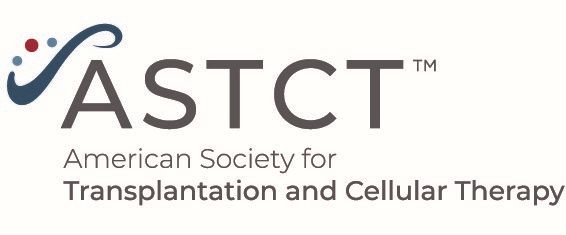
Preclinical Characterization of ISB 1342, a CD38 × CD3 T-Cell Engager for Relapsed/Refractory Multiple Myeloma

ISB 1342 has shown improved safety and efficacy for patients with relapsed/refractory multiple myeloma.
A recent publication characterizing ISB 1342, a CD38/CD3 bispecific antibody, has demonstrated its safety and efficacy against multiple myeloma (MM) in animal models. These findings, published in Blood, demonstrate that ISB 1342 exhibits more potent cytotoxicity compared to daratumumab, the first-approved CD38-targeting monoclonal antibody. Based on these positive results, a Phase 1 clinical trial of ISB 1342 in patients with relapsed/refractory (r/r) MM is currently underway (NCT03309111).
While daratumumab has shown efficacy for MM treatment, many patients relapse and develop resistance. Therefore, optimizing CD38-targeted monoclonal antibody-based therapies for MM presents an unmet medical need. ISB 1342, designed using the Bispecific Engagement by Antibodies based on the TCR (BEAT) platform, targets CD3ε and CD38, aiming to deplete CD38+ MM cells. This approach activates T cells independently of specific antigenic peptides, potentially overcoming pre-existing resistance to daratumumab's mechanisms of action. In this study, the authors sought to evaluate the cytotoxicity of ISB 1342 against MM and, using cynomolgus monkeys, its safety profile.
Using a redirected lysis (RDL) assay with human peripheral blood mononuclear cells (hPBMCs) as effectors, in vitro studies showed that ISB 1342 engaged CD38 on tumor cells and CD3ε on T cells, mediating T-cell activation and killing of tumor cells. Additionally, the potency of ISB 1342 was not influenced by the presence of daratumumab in sequential or concomitant treatment. ISB 1342 also demonstrated promising results in cells derived from patients previously treated with daratumumab, while daratumumab was less effective in this context. In NSG mice engrafted subcutaneously with KMS-12-BM (MM cell line) and injected intraperitoneally with hPBMCs, ISB 1342 showed the ability to control tumor growth and increase the infiltration of T cells in the tumor microenvironment, irrespective of CD38 expression levels. In terms of safety, ISB 1342 exhibited an adequate profile in PK/PD studies, highlighting a potential therapeutic window. Overall, ISB 1342 has shown potential as an effective and safe therapy for multiple myeloma patients, even in those previously treated with daratumumab. However, further clinical trials are needed to validate its efficacy and safety in humans.
Reference
Pouleau B, Estoppey C, Suere P, et al. Preclinical characterization of ISB 1342, a CD38 × CD3 T-cell engager for relapsed/refractory multiple myeloma. Blood. 2023;142(3):260-273. https://doi.org/10.1182/blood.2022019451
Newsletter
Stay up to date on recent advances in the multidisciplinary approach to cancer.






































